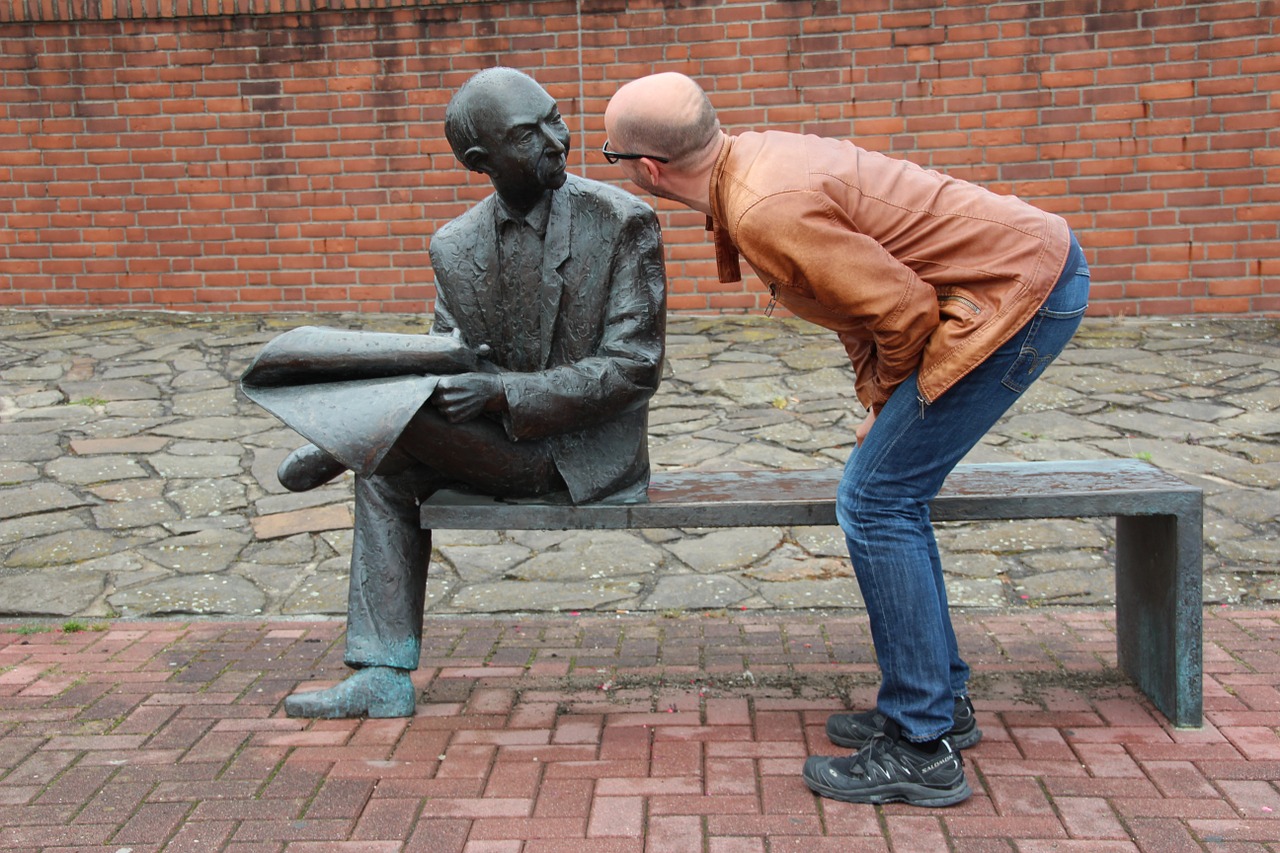A friend recently gave me a copy of the end-of-year fundraising letter from a tiny nonprofit with which I am not affiliated – meaning it didn’t come from you, dear reader.
You could learn a lot about how not to do a fundraising letter from this example. The letter’s biggest flaw would be a flaw no matter what kind of communication it was.
The flaw was that the letter didn’t use the word “you” until the very last sentence. Worse yet, even that last sentence was still “we-centered”:
We’d really appreciate your support in making all this possible.
At this point, I had only skimmed for the most important word to use in any nonprofit communication. To be thorough and fair, I now actually read the letter (though it had given me no reason to do so).
Sure enough, even the concept of “you” didn’t appear. There were no donors, no supporters, no people committed to the cause, no volunteers, no awareness-raisers.
There were only “we” and “us.”
This communication intends to get people to part with their hard-earned dollars in order to support a worthy cause. It does so by ignoring those hard-earned-dollar-holding people and concentrating on the cause alone.
Bad move.
The vast majority of people who read your letters (webpages, e-mails, brochures) do not care about you and your organization. Even if they are proven supporters, people who have donated time and money and really understand the great work you do, you and your organization are not what they care about.
What they care about more than anything is themselves.
This doesn’t make them selfish. It makes them human. We care about many people and things, including our family, our friends, our community, our city/state/country, our world. We care about them because they are ours.
We don’t have to know the recipient of our attention personally – we can support women in Sudan or tigers in Nepal or the cleanliness of oceans a thousand miles away. But there is always a personal connection: These women are my sisters. I love animals. We have to protect our planet because it’s the only one we have.
In order to win over your audiences, you must make your cause theirs. You must show them how they win by supporting your cause. Show them that donating money, attending your event, or buying your products and services will help them:
- Feel good about themselves
- Work smarter
- Be better parents or citizens
- Protect their children’s future
- Make their neighborhood, city, or world a better place
- Feel good about themselves
Yes, “feel good about themselves” is first and last. People have all sorts of good reasons for supporting causes, but feeling good about themselves is the most powerful.
Help people want to help you. Make it all about them.


